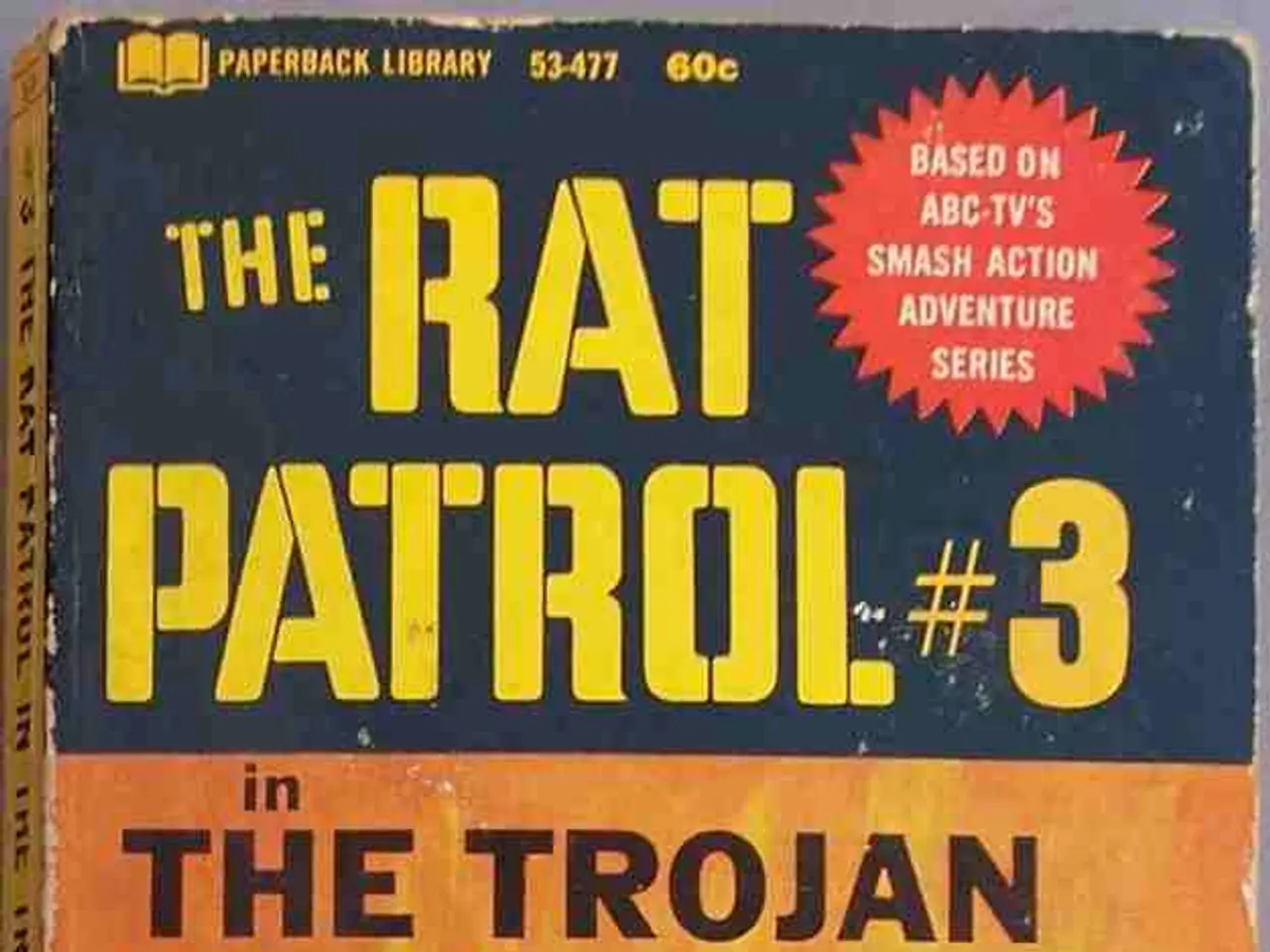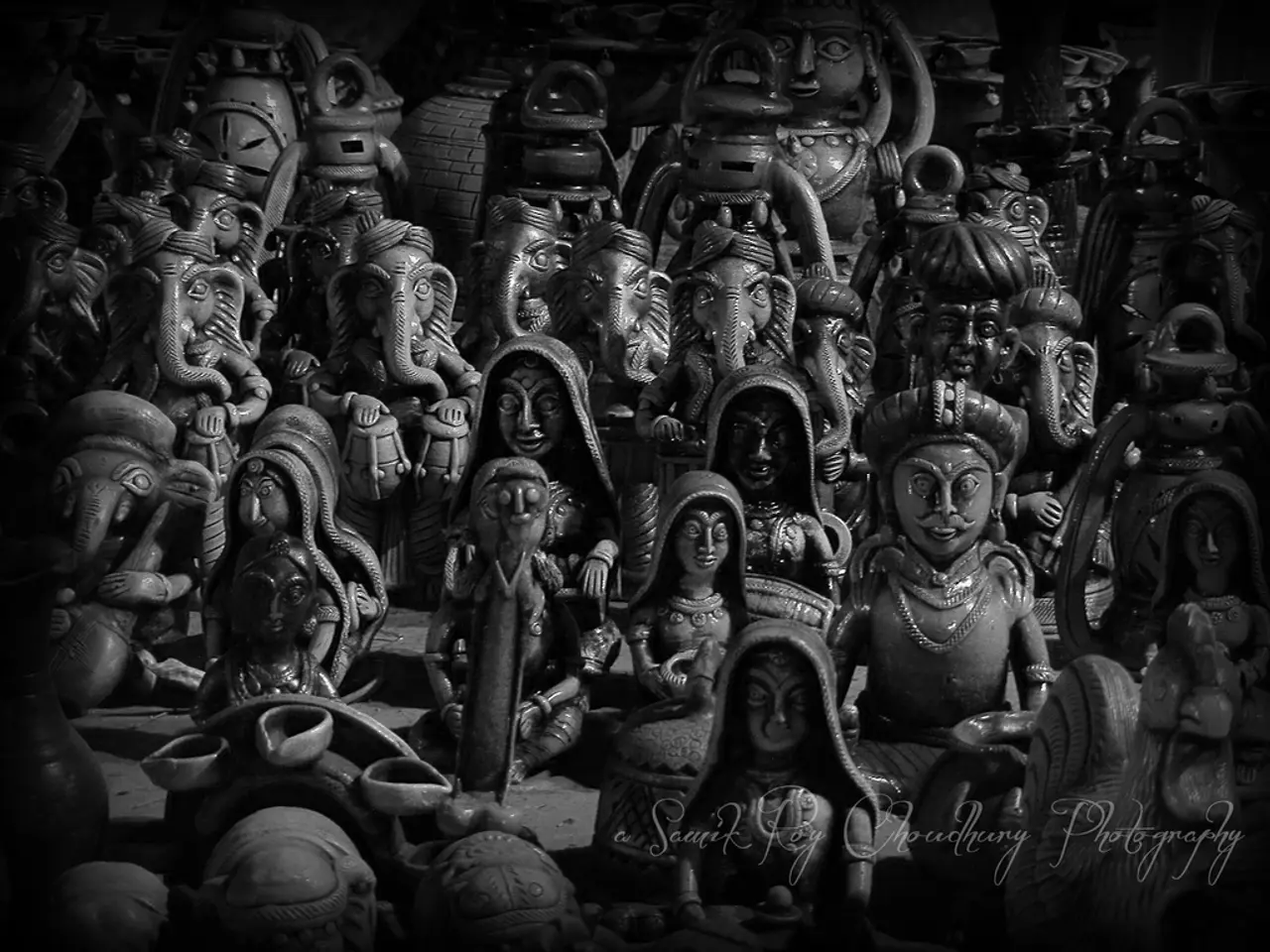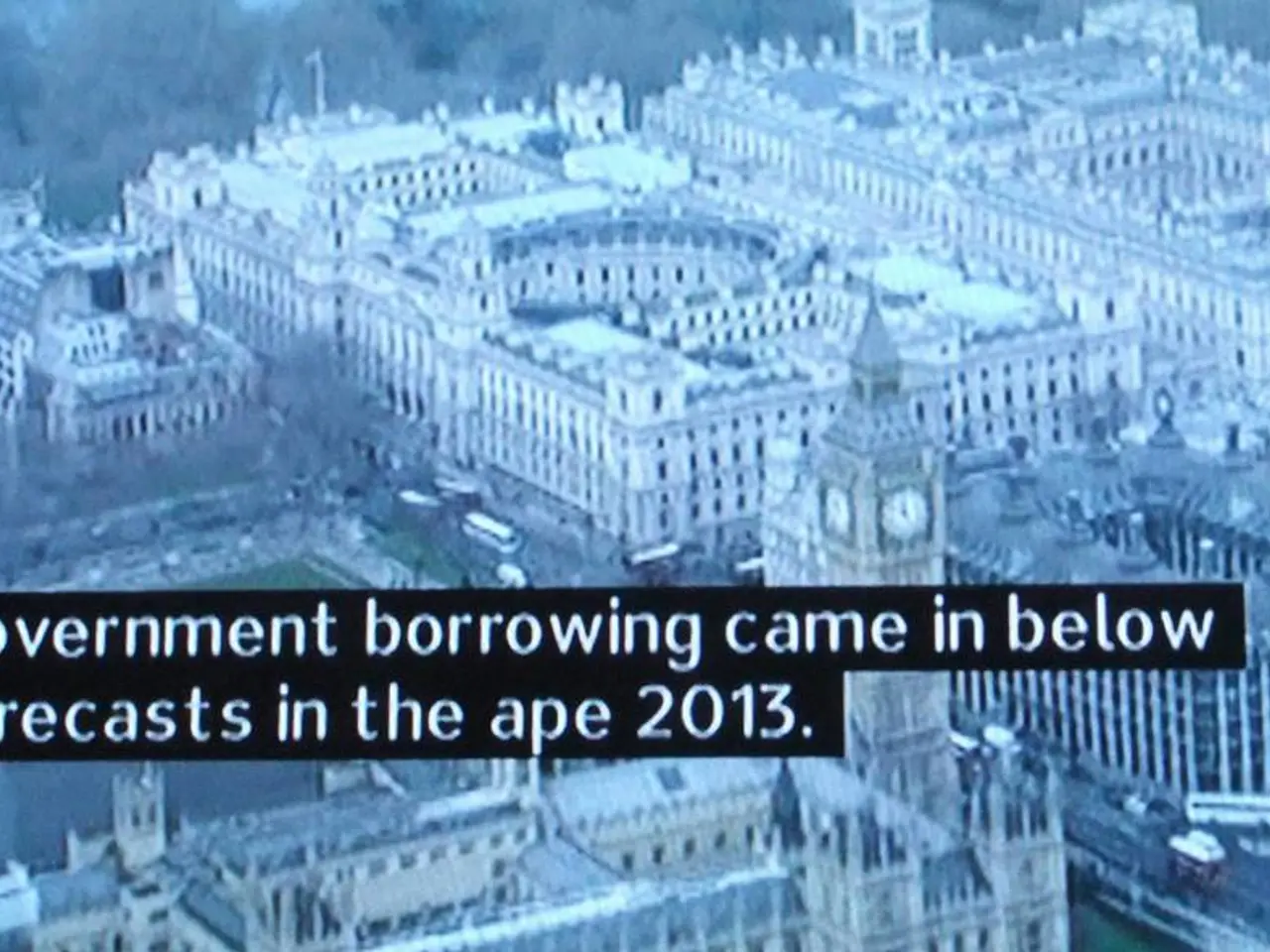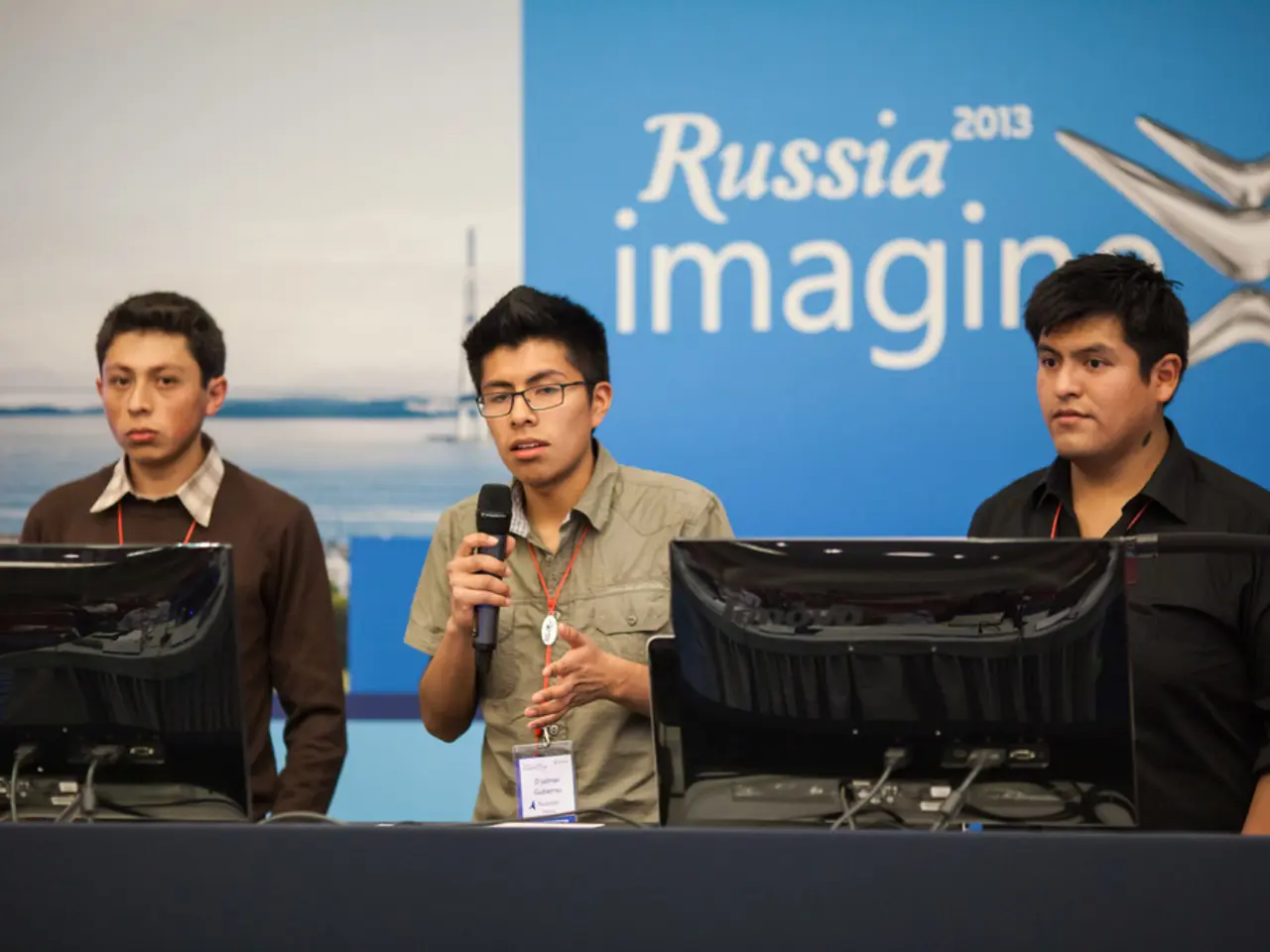Perspective on the Potential Iran Conflict: A Cautionary Tale on Regime Changes
"Past shifts in power in the Middle East have been marked by abysmal outcomes"
The world stands at a crossroads as US President Donald Trump considers joining Israel's air strikes against Tehran. Here's what the newspapers are saying:
The "New York Times" suggests that any action against Iran must first pass through Congress. They argue that the stakes are high, with a nuclear-armed Iran posing a threat to global security. However, they caution that the road to approval may not be easy, as America's commitment to military action remains uncertain.
The London-based "Financial Times" urges caution, warning that previous attempts at regime change in the Middle East have had disastrous consequences. Though many Iranians dissatisfied with their leadership, an external attempt to overthrow the regime could be unpredictable, potentially leading to unintended consequences that extend beyond the region.
The Norwegian "Verdens Gang" echoes these sentiments, stating that the potential war between Israel and Iran could set the world on fire. The coming days and weeks will be decisive, as much depends on the actions of the USA and President Trump.
The Italian daily "La Stampa" highlights the challenges that the crisis presents for Chinese diplomacy, with the prospect of a prolonged conflict endangering energy supplies and undermining infrastructure projects. Meanwhile, frustration is growing in Iran, especially among the youth, over what they perceive as empty promises of support from Beijing.
The Dutch newspaper "de Volkskrant" points out that Iran's allies in the Middle East have significantly weakened. The Iranian regime, under the leadership of Supreme Leader Ayatollah Ali Khamenei, now stands largely alone.
Insights: The Ghosts of Regime Changes Past
A brief look at the past reveals important lessons about regime changes in Iran:
- 1953 CIA/MI6 Coup Against Mossadegh: This coup, orchestrated by the CIA and MI6, overthrew Iran's democratically elected Prime Minister, Mohammad Mossadegh. The coup reinstated Shah Mohammad Reza Pahlavi, strengthening American influence over Iran. The aftermath fostered resentment inside Iran, ultimately leading to the 1979 Iranian Revolution.
- 1979 Iranian Revolution: The revolution, indirectly related to earlier regime change attempts, resulted in the establishment of a theocratic government that has been antagonistic to American interests.
More recent power struggles within Iran have seen a continuous tension between hard-liners and pragmatists, with neither faction achieving complete dominance. The lessons from the Middle East's turbulent history suggest that external attempts at regime change may lead to instability and undermine the initial goals of promoting democracy or stability.
Final Thoughts:As the world watches the potential unfolding of events in Iran, it seems crucial to learn from the past. The history of regime change attempts in the region offers valuable insights for policymakers and citizens alike. These lessons should inform decisions, encouraging caution and thoughtful consideration in any proposed military intervention. We cannot afford to repeat the mistakes of the past.
The European Union, considering the cautionary tale of regime changes, has a responsibility to ensure that its foreign policy, particularly in the context of war-and-conflicts like the potential Iran conflict, is implemented in a balanced and balanced manner, taking into account the devastating consequences that have often followed past attempts at regime change. In the current political climate and general news, policymakers and citizens alike must consider the past lessons of regime changes in Iran to inform decisions, promote caution, and avoid repeating the mistakes of the past.





